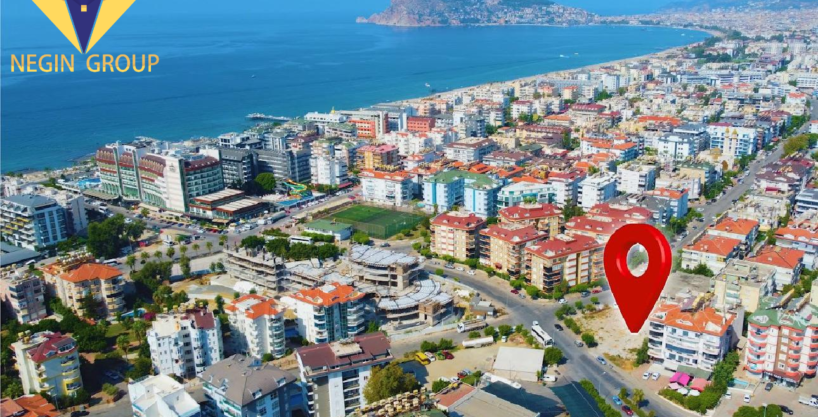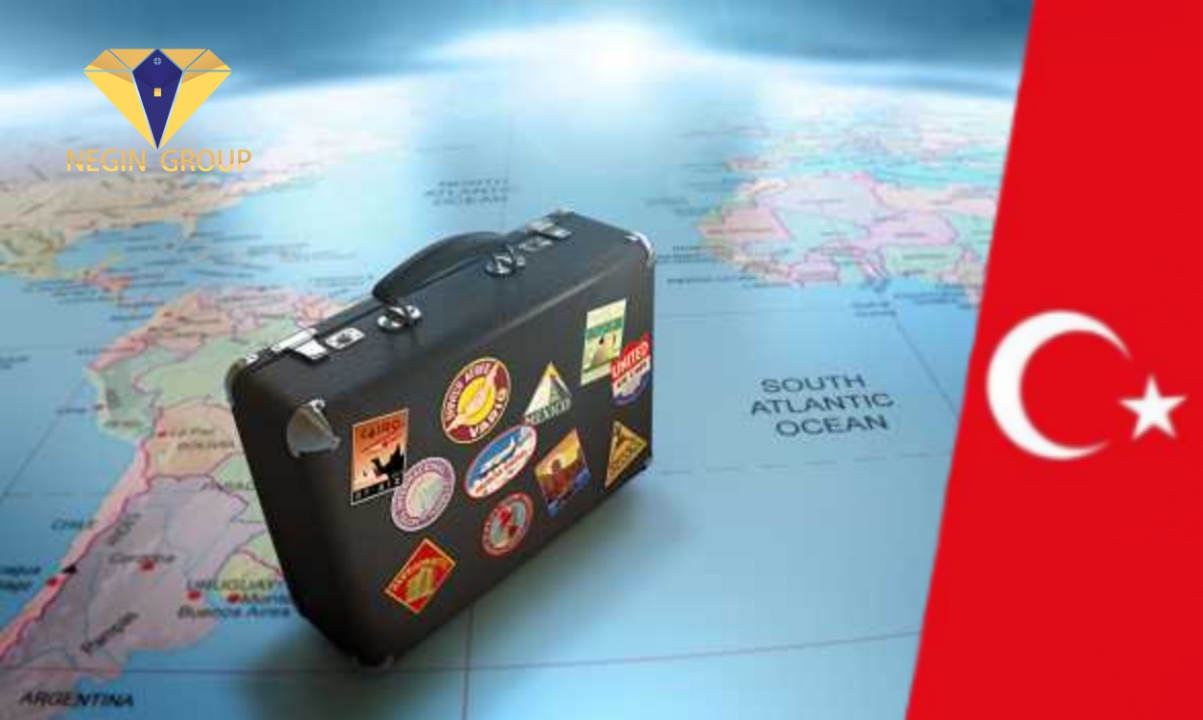
Cultural shock after migration: Migration is one of the biggest changes one can experience in life. Moving to a new country with a different culture, a fresh lifestyle, and unfamiliar laws can be exciting, but it also comes with its own challenges. One of the most important challenges is the cultural shock after migration, a feeling that arises when facing cultural, social, and linguistic differences.”
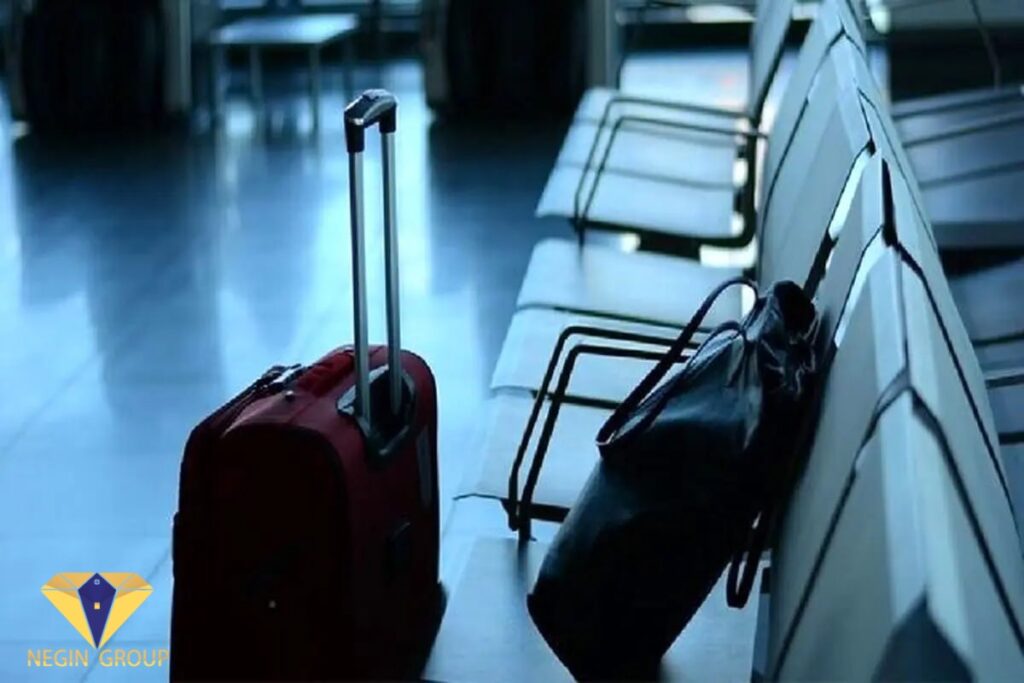
“When does cultural shock after migration occur?
Cultural shock after migration is a common experience among migrants and usually begins when an individual tries to adapt to cultural differences. The emergence and intensity of this feeling after migration depend on various factors, including the individual’s personality, temperament, and habits, and in some cases, it may last up to five years. If not properly managed, this shock can lead to post-migration depression.
Cultural shock typically becomes apparent shortly after the individual arrives in the destination country. Various factors can influence the severity of this shock, such as differences in religion, language, customs, and social norms, which cause confusion and challenges for migrants.
Additionally, differences in food culture, gender roles, social expectations, and the way people interact in various situations can also intensify this shock. Awareness of these issues, especially for those planning to buy a home in Turkey and migrate to this country, can help reduce stress and better adapt to the new environment.
Read more about this topic:
“Symptoms of cultural shock after migration
Cultural shock after migration is a common feeling among migrants and is usually accompanied by shared symptoms. Many individuals in this situation experience excessive anger, reduced tolerance, and high irritability, feeling overwhelmed by despair. The confusion caused by cultural shock can lead to a decrease in self-confidence, causing the individual to avoid social gatherings and interaction with others.
An exceptional opportunity at Negeen Group for those who lack sufficient capital: You can obtain residency in Turkey by pre-purchasing property. This method allows you to benefit from the advantages of living in Turkey with an initial investment and easily begin the residency process.
By understanding and experiencing the cultural differences, an individual’s comfort in the new environment decreases, and in some cases, a sense of isolation intensifies. At this stage, the individual may experience nutritional issues or sleep disorders, including poor appetite, overeating, or insomnia.
Unpleasant feelings such as stress, sadness, reluctance to engage in activities, and even hatred towards the environment and new people are also not uncommon. However, it is important to note that all of these feelings are temporary and preventable. Awareness of these symptoms and taking some steps, such as having a clear plan for adapting to the new environment, can speed up the adjustment process. This is particularly important for those planning to buy property in Alanya and seeking long-term residency.”
-
Featured
One of the Most Luxurious Villa Projects in Alanya, Turkey 2025
Area1000Deluxe Homes In TurkeyCall for price information.
-
Featured
Luxury Apartment for Sale in Alanya / Oba-Göl
Bedrooms2Area1150Deluxe Homes In Turkey265,000 €
-
Featured
Profitable Investment for Turkish Citizenship
Bedrooms3Area254 مترمربعDeluxe Homes In Turkey, Suitable To Obtaining Turkish Citizenship467,000 €
-
Featured
Obagöl Swan
Bedrooms2Area89Deluxe Homes In Turkey, Pre Sale Project in Turkey260,000 €
-
Featured
Pre-sale of the most luxurious villas in Türkiye
Bedrooms3Bathrooms3Deluxe Homes In Turkey, Pre Sale Project in TurkeyFrom 2,050,000 €
“Do all migrants face cultural shock?
It is a misconception that all migrants face cultural shock after migration. Individuals who are sufficiently familiar with the language and culture of the destination country may find it easier to adapt to cultural differences. Additionally, people with high personal skills who are actively trying to cope with cultural contradictions and differences may have different reactions to cultural shock.
Cultural shock after migration is an unavoidable stage post-migration that most individuals may experience, but the intensity of this experience varies among individuals. For some, this experience may be limited to post-migration anxiety. Using psychological strategies can make this experience easier and more bearable.”
Read more about this topic:
Ways to manage and treat post-migration cultural shock:
“One of the most important methods for managing the negative emotions caused by post-migration cultural shock is accepting this reality. You should remember that nearly everyone who has migrated experiences similar feelings. This crisis is temporary and does not reflect weakness, so it is better not to hide it and talk about it.
Understanding the laws and customs of the country you are in, as well as interacting with new people, can help reduce your stress and isolation. Knowing the local language is also very effective in this regard. If you plan to register a company in Turkey, this will help you communicate easily with others and feel less isolated.
Engaging in activities that help improve your mood, such as exercise, art, music, or dancing, can boost your morale. Additionally, enhancing life skills, practicing independence, and self-reliance will help you feel more comfortable in your new environment and overcome loneliness after migration.”
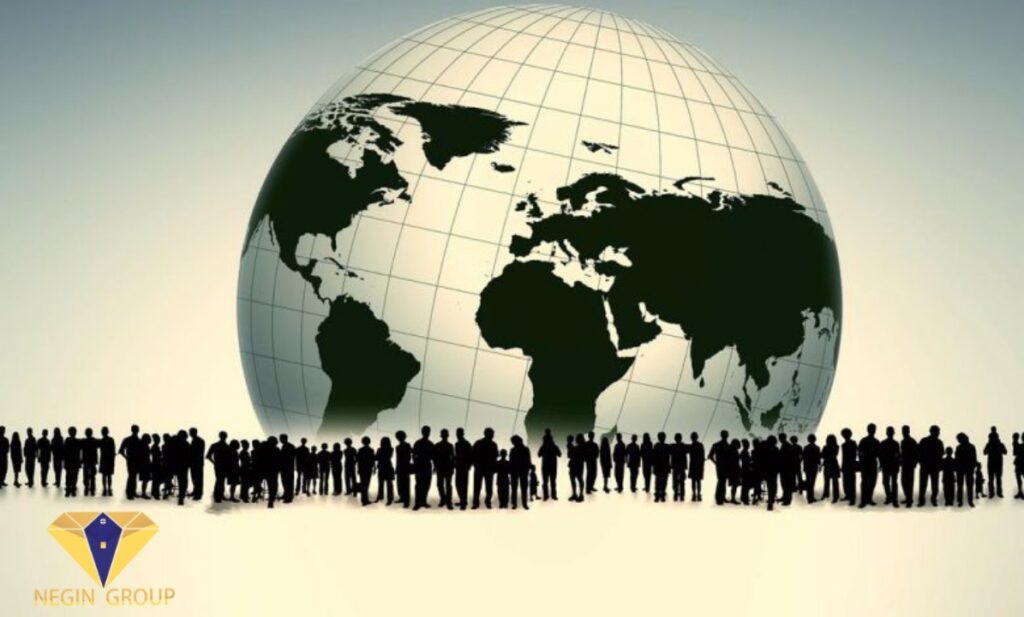
“Pre-migration strategies to cope with cultural shock
Migrating to a new country can be a big and challenging change for many people. Depending on the type of cultural shock, there are various strategies to cope with it that can help you deal with cultural shock after migration. These strategies include:
Preparation before migration: Preparing for migration is very important. Try to get ready for migration and experiencing a new culture in advance. By learning about the challenges, cultures, and norms of a country before entering it and preparing yourself, you can significantly reduce the impact of cultural shock, and cultural shock after migration will be less intense.
Adapting to a new language: Before migration, research the local language and try to learn the local language of your destination country. Even learning a few key words and phrases can help you communicate better with locals and save you from cultural shock after migration.
Learning new customs and traditions: Researching the customs and traditions of the destination country helps you adapt to your new environment. By talking to people who have lived there before or using online resources, you can gather more information about the new culture. This can help prevent cultural shock after migration.
Researching the transportation system: When migrating, being aware of the transportation system in the destination country is crucial. By knowing this information, you can adapt better to the new environment, and the likelihood of cultural shock after migration will decrease.”
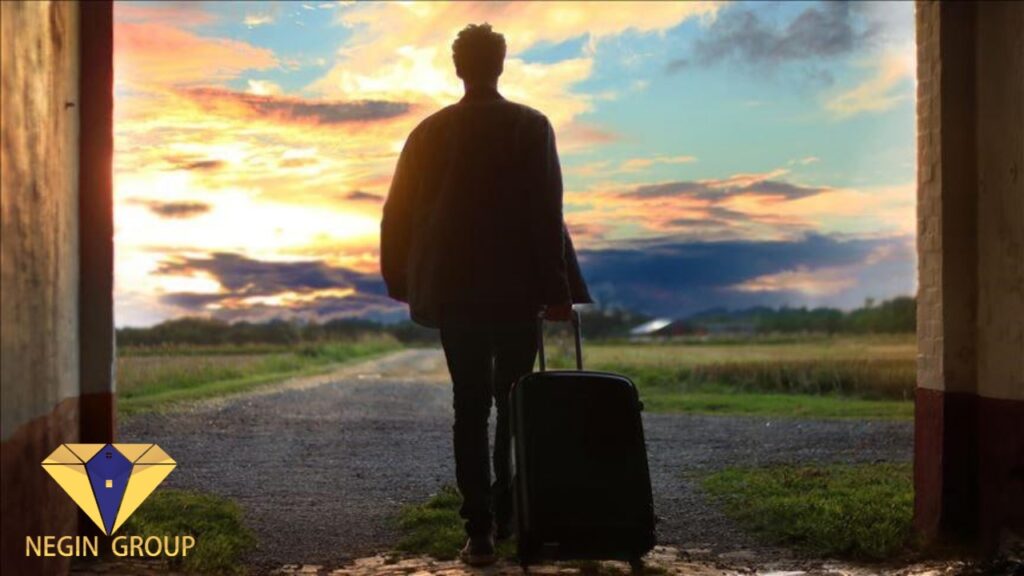
“Post-migration strategies to cope with cultural shock
After migration and experiencing cultural differences, some actions can help you better manage cultural shock and start your new life with more peace of mind. These strategies include:
Adapting to new foods: Pay attention to local foods and try the ones that appeal to you. You may also find Iranian restaurants using maps or asking around to help avoid cultural shock after migration.
Embrace the unknown: Migrating abroad is an adventure. Instead of fearing the unknown, embrace it and enjoy the new experiences. This will help you become stronger and more independent, allowing you to easily overcome cultural shock after migration.
Get to know the locals: Interacting with the locals in the country you’ve migrated to is one of the best ways to reduce cultural shock. Approach the locals or long-term immigrants with respect and curiosity, and learn from their experiences.
Take time to reflect on yourself: During migration, it’s important to occasionally focus on yourself. Writing down your daily feelings and thoughts can help you understand your emotional state and prevent mental health issues caused by cultural shock after migration.
Stay connected with loved ones: Stay in touch with friends and family through messaging apps. This connection helps you feel closer to home and reduces cultural shock after migration.”
Read more about this topic:
What is reverse culture shock?
Reverse culture shock refers to the experience a person faces after returning to their home country from a foreign country. This usually occurs after a long period of living abroad. People returning to their homeland are typically happy to reunite with friends and family and enjoy returning to familiar surroundings. However, some of these individuals may feel a deep sense of alienation and longing for the places and people they encountered while living abroad.
Additionally, after a long stay abroad, readjusting to the life they are returning to can be difficult. These cultural and lifestyle changes can create negative feelings similar to the post-migration cultural shock.
These feelings may manifest in various ways, such as boredom, insecurity, a sense of uncertainty, confusion, frustration, alienation, isolation, or even resistance to family and friends. This set of emotions experienced upon returning home is referred to as reverse culture shock or reentry shock.
Although this shock is not as intense as the cultural shock experienced when migrating abroad, it still requires time and effort to overcome. One way to alleviate these feelings is by opening a bank account in Turkey and familiarizing oneself with new financial systems, which can simplify part of the reentry process and adaptation to the new circumstances.

Conclusion
Post-migration culture shock is a common and natural challenge faced by most migrants. This condition typically arises when an individual encounters cultural, social, linguistic, and even environmental differences after entering a new country. Post-migration culture shock can manifest in various forms such as confusion, stress, depression, or anxiety and can affect personal relationships, work, or even mental health.
This experience can vary from person to person and depends on factors such as the duration of migration, personal skills, psychological readiness, and the ability to adapt to the new culture. Some individuals may adapt quickly to the new environment, while others may require a longer time to adjust. It is important for individuals in this situation to not feel alone and to seek psychological or social support. Ultimately, post-migration culture shock is a temporary experience that can be managed and reduced over time through various strategies. By accepting differences, making an effort to learn the language, understanding new customs, and interacting with locals, this challenge can be transformed into an opportunity for personal and cultural growth.
You can benefit from the advice and services of our professional team for purchasing property in Alanya and Turkey, as well as for successful and profitable investment in Turkey. Our team is available 24/7 to provide you with free consultations. For more information and to begin your consultation, visit https://alanyahome.co/ or contact us at +90 553 861 2234.




